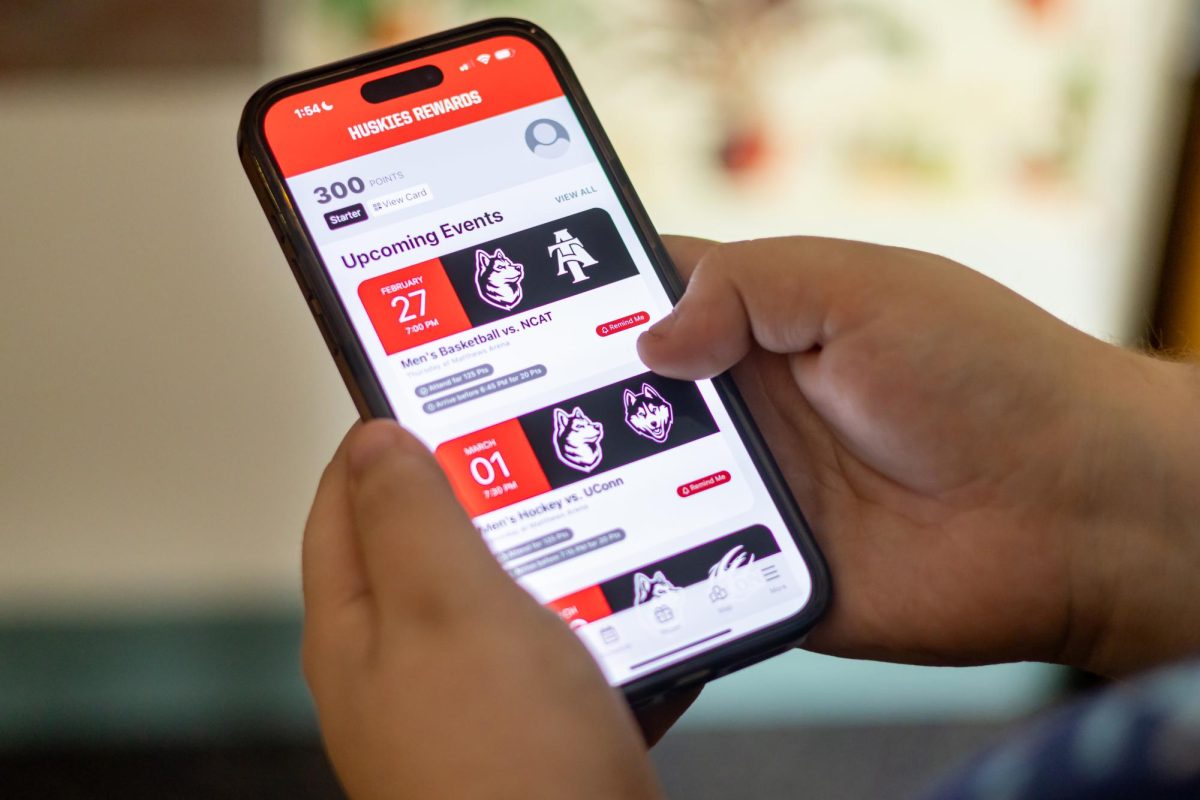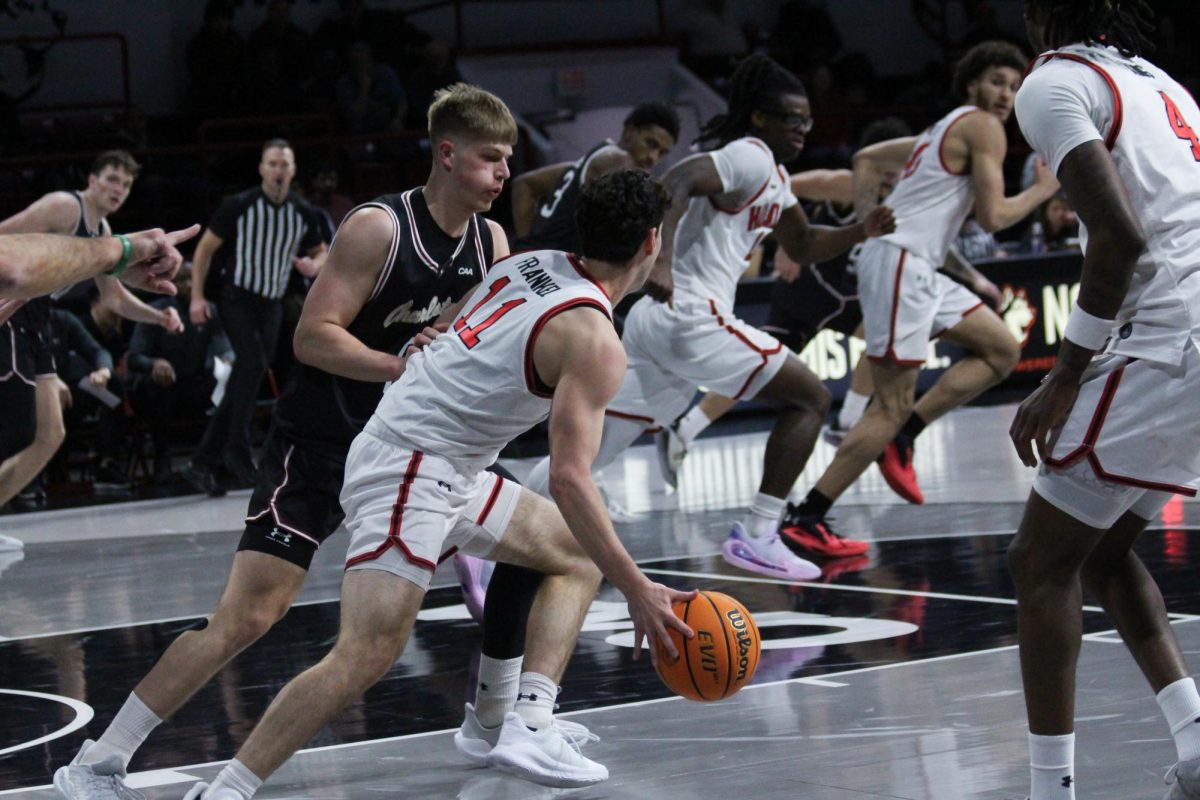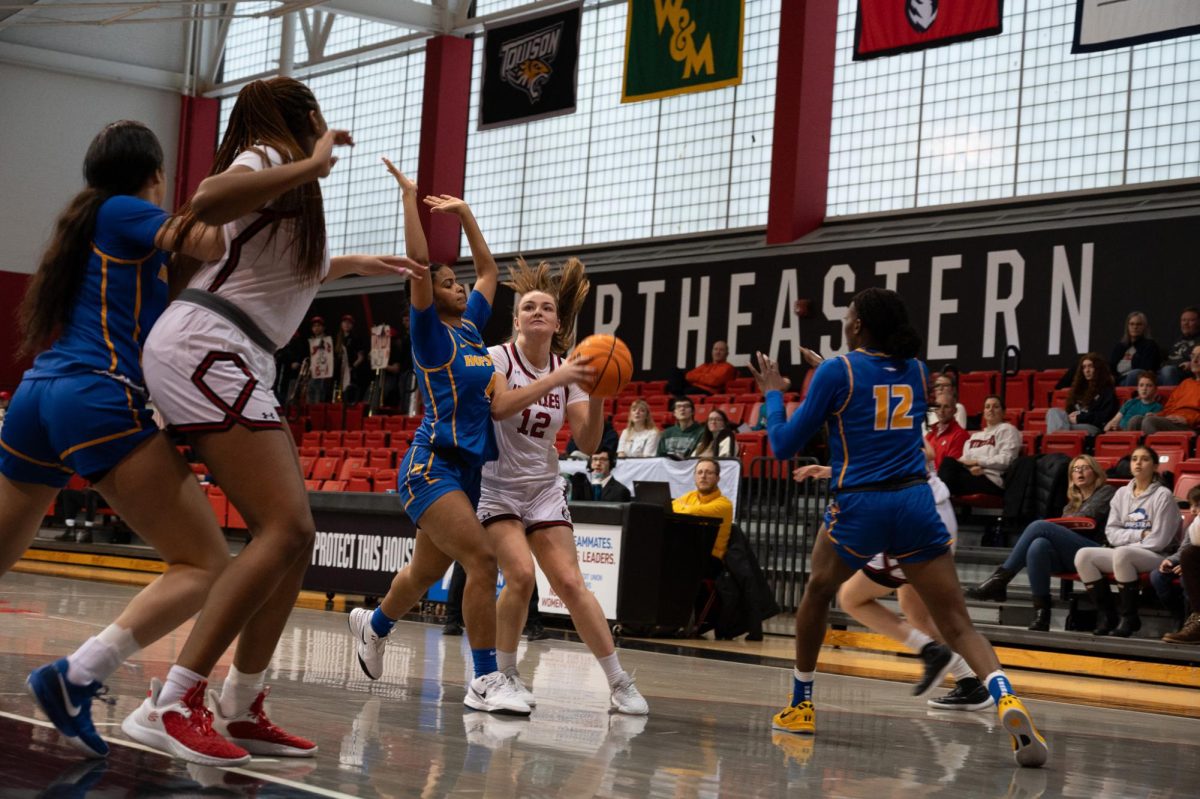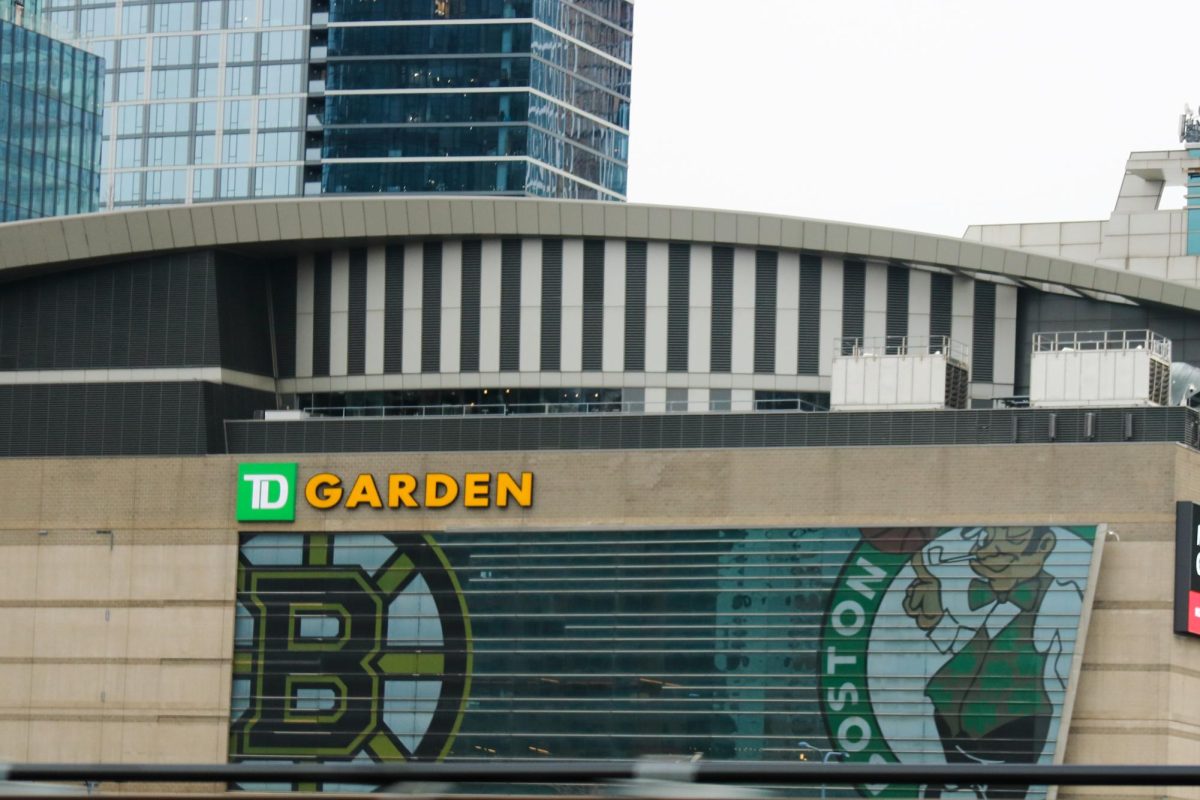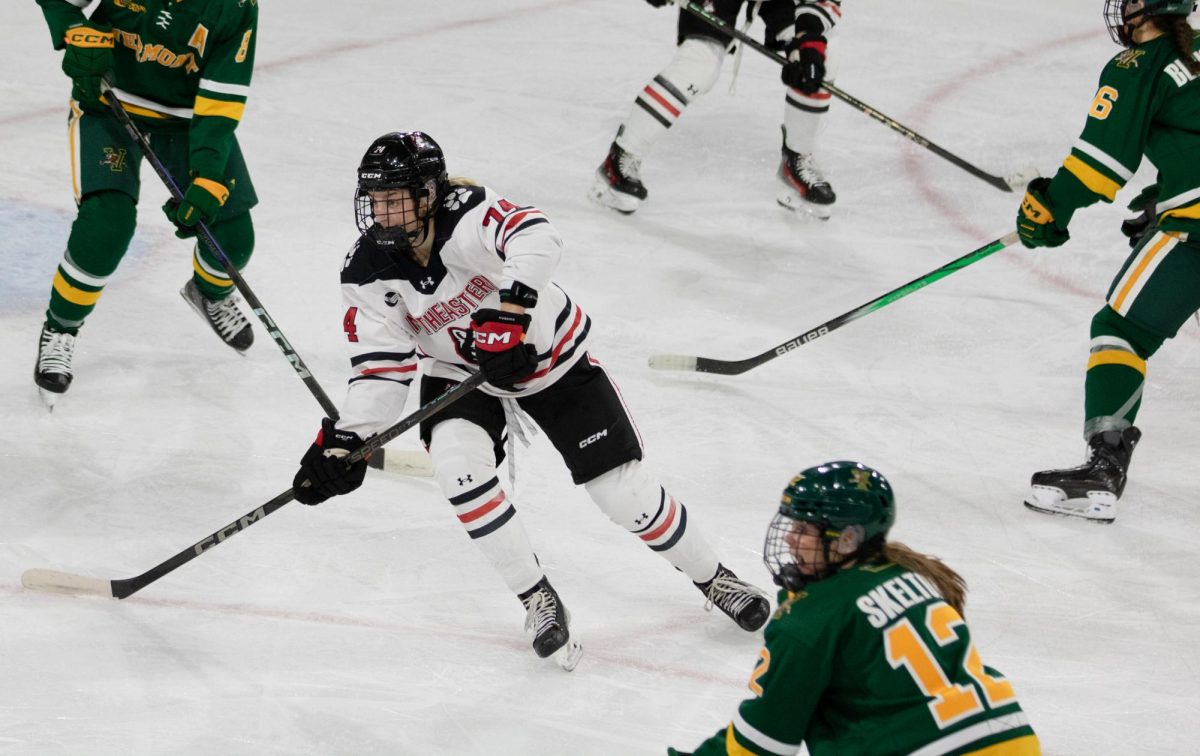By Chris Judd, News Staff
While a trip to the high-profile Collegiate Rugby Championship in Philadelphia was exciting for the Northeastern rugby team, it was all made sweeter when the team came away with a victory in the Bowl Division, the Championship’s second-highest division. With the win, the Huskies found themselves in the spotlight as they competed in the tournament from June 1 to June 2.
“We lost a couple of games our first day, but it made us bond together,” junior Diego Maquieira said. “We went out there and kept playing and brought home hardware, which was good since it was our first time [in the tournament].”
Coach Jamie Green stressed the importance of the tournament in their sport.
“The Collegiate Rugby Championship is the most prestigious tournament that there is in rugby,” Green said. “I’m very happy with our performance in the tournament.”
Northeastern started with three games that were decided by one score. They first played Pennsylvania State University, whom they lost to on the game’s last play. After that, they beat North Carolina State University (NC State) as they scored with four seconds left and successfully finished the game 15-12. In the third round, they lost by one score to Notre Dame, but their performance got them into the Bowl Division for the final day.
The Huskies began the next round with a rematch against NC State, who this time they beat convincingly 31-21. This set up a finals match against Virginia Tech, an established powerhouse. The Huskies came out on top and won the match 17-12.
“Winning was a big relief for everyone since we put such lofty expectations on ourselves,” Maquieira said. “We lost the first game, came together and said we could still come home with some hardware. I don’t think a lot of people expected us to beat Virginia Tech since they’re an established program. We finally did it, and I think we established ourselves among the elite programs.”
The tournament requires an invitation, and the Huskies were in the company of some longstanding programs such as Notre Dame University and Virginia Tech. The tournament included new experiences for the whole team, from the crowd size to accommodations. As a club program, the treatment wasn’t the norm for the team.
“It was definitely a new experience for the whole team,” Maquieira said. “The TV time, being taken care of in terms of hotel and food is an experience no one on the team has had since we’re a club sport. We also have never played in front of a large crowd; our previous largest was about 1,500 people.”
This was the first year Northeastern paid specific attention to playing the sport of rugby with seven players. Most teams used to play rugby with 15 players, which was a more physical and technical game. With seven players, the game is more about speed and endurance and tends to be higher scoring.
“With the inclusion of rugby seven into the Olympics, it’s become more popular in terms of TV coverage,” Green said. “Now, most teams dedicate the Fall to rugby 15 and springs to rugby seven.”
Previously, there was no clear distinction, so there could be tryouts for the rugby seven team during the fall season. Since the two games are different, it made it more difficult for players and coaches to focus on the specific season they were playing.
This year, focusing on the rugby seven for the spring worked out for the team as five players were sent to the New England Development Academy, where they can train with some of the best coaches and players.
“I’m proud of the team and the fan base,” Green said. “I’m excited about this run creating a foundation from which we can build. We only graduated one player, so we hope that we will get back. We went from playing in front of a few hundred people to playing in front of 20,000 on Saturday. As players, you never know how they’ll react.”
The team reacted well as they played close matches and beat some of the best rugby teams in the nation.
“It was a great year for myself and the other coaches,” Green said. “We appreciate the player leaders model in Northeastern. It says the team belongs to the players. Any successful team has that where the players play for each other, not because they have to. We facilitate, but it’s on the back of their hard work.”



